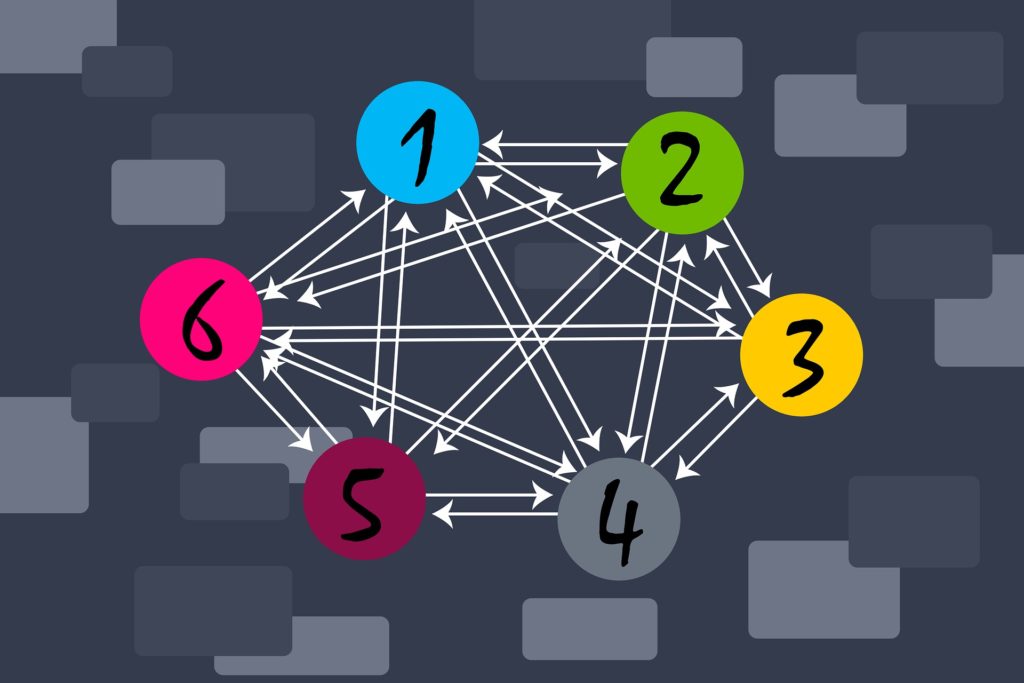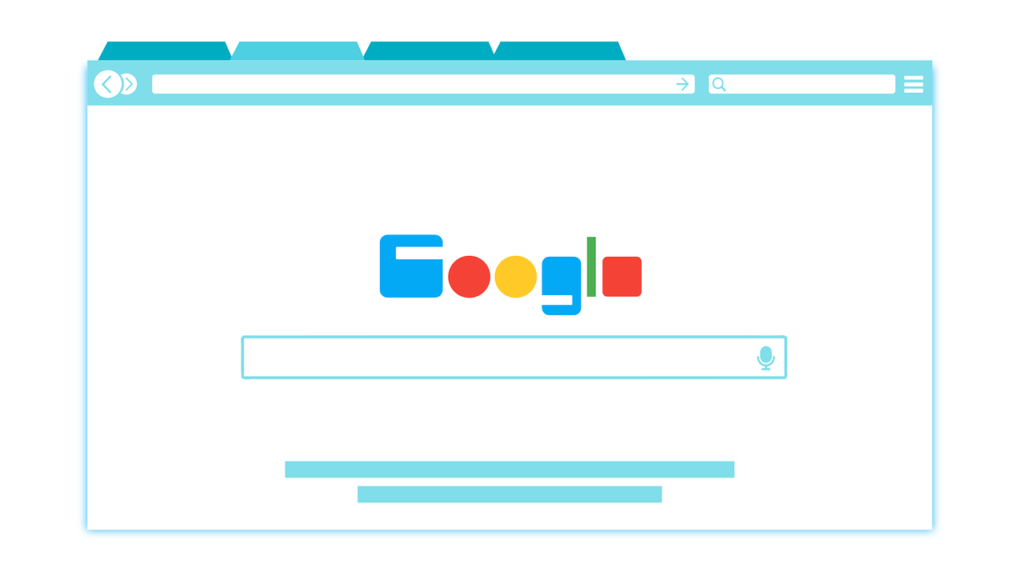
SEO is a course that needs continuous learning. It’s not just a one way streak since it gradually changes how it works. And search engines aren’t helping either especially Google. Their algorithm changes from time to time which makes it a bit hard and difficult to break. All thanks to a system that keeps changing, marketers and SEO experts are up on their toes to top changes that the digital industry might come up.
The one strategy that gives a great impact to SEO is blogging. Search the internet right now and you’ll see so many websites supporting their own blogs and let me tell you, there are a lot of them.
Blogging by definition is a part of web pages today that publishes content. It is a channel for posting which is done by either a blogger or a business owner that wants to have a digital visual. A blog is updated frequently which the blogger provides a channel for readers to communicate either with each or the website’s owner.
So, how does blogging actually helps with your SEO?
Blogging provides fresh published posts.

A blog must have fresh published posts, if not always, then there should be a consecutive posting within a week. A fresh post can get the interest of search engines and in this way, it can give the possibility for the post to be promoted across the system.
Why is this done?
The number one reason for this is that customers, readers or internet users will always search for contents. They have many questions, no matter how basic the question is. And with questions, it needs answers which are provided by such posts.
Every time there is a fresh content online, a user is happy. Why? Because they can read what they are looking for. It also encourages an individual to use the internet and search for more. For Google, this is an opportunity to provide places for their ads. May it be on their interface or other websites.
A blog page is a chance to be a source page.

Writing a content, you must be able to produce sources since no one is allowed to get a full sentence out of other sites without acknowledgement. Failure to note the owner of a line or two can be deemed as plagiarism.
So, let’s say you have produce a very good article; there’s a huge percentage that other websites will make you as one of their sources. Wouldn’t be that great? As long as your contents are relevant to the source mention, you’ll get your own free backlink.
What is a backlink?
In SEO, a backlink is that one FREE and LIVE link where your link was mentioned together with your brand name. A backlink means that the content you created is most certainly unique and informative that it gained it was promoted in another site or content.
This is called a backlink and search engines, preferably Google, loves websites that have tons of backlinks across search results. With that, your content or website will be ranked on online results.
Keyword usage.

Most digital workers nowadays are very careful with using their keywords online. If a keyword is wrongly use or put on a certain platform, there’s a probability of spamming and this can be get penalised by search engines.
But you can never go wrong if you put blogging into good use. Since blogs require contents specially your own, you’re more confident to make use of keywords within your publishing posts since you know your own brand at the back of your hands. Use unique keywords but not too original that no one can use them for searching the internet.
The best bet for this, according to Business 2 Community, is to use long-tail keyword since long tails have a larger percentage that users will use words from it. Once a user search for words and this can target your keywords, then he or she will be able to see you ranking on search results.
Gain popularity and be seen in social media

Blogging is all about writing, right? The more articles you have, the more leverage you get when it comes to popularity contests, says SalesHub. Online users LOVE to research and read things online; and if you have the right keywords and content for them, the bigger the percentage you get from getting your post shared in social media sites.
Because the truth is, users will always share things the internet. So for an article to be shared across social platforms, it must be with quality and holds great value of information that others deem it shareable. With how much you will blog as well, one way or the other, users will most likely see your posts in the long run.
Helps Keep Your Websites Updated

An updated website is important in the SEO world. Search engines love web pages that are up to date with their contents, as well as posting about their products and services.
With a fully updated website, it would mean that you’ve retained a clean and well-fitting blog; something that is very unique nowadays. Most websites are full of spam, advertisements and even low-quality articles.
So, maintaining an updated webpage for you and your audience is quite beneficial for your SEO. Once engines, such as Google, can see how you’ve kept yours spick-and-span, it could earn you a rank up on search results.
Helps increase pages that can be indexed.

Blogging can ultimately help increased indexed pages in search engines; if this is a practice that you’ve been doing with consistency. The more contents that you publish, the more search engines will crawl through your page and indexed it for users to see it.
With many posts that you have already published on your blog, the better the chances that you can stuff your keywords freely through your content. The best thing of having a very updated and good volume of pages in your website. Plus, users use a good number of words that are included in your target keywords which gives you the possibility to be seen during search.
You can make use of internal linking.

Internal linking is an SEO activity in which blog owners usually link their internal links on their own content. Since owners have total control over their blogs, they can always have their links sprawled across their websites.
Now this goes without saying that a blogger shouldn’t be careful with using internal linking. There is still a need to be careful when doing so – if you want to try, make sure that it your internal links suite the content through relevancy of the published post.
Internal linking can provide help with letting search engines understand what’s going on with a certain website, says Far Reach.
Conclusion

Search engines are looking for authenticity and a website that can provide true information in more ways than one. To work easier through algorithm change, you must avoid issues that can deem you as unfit for ranking; things such as, keyword stuffing, low-quality content and link spamming are a major no no in SEO.
As stated above, it’s not hard to see why blogs help with SEO. Content wise, SEO is targeting those that have good quality content on websites; not just to write for the sake of traffic. Writing can be for anyone but to write an a top-notch article is a work that can be done just by “anyone.” Make sure to search more details or hire someone that can provide you with cleaner services that you wouldn’t have to worry about your website. As long as you know what you’re doing, there’s no problem when dealing with SEO.

